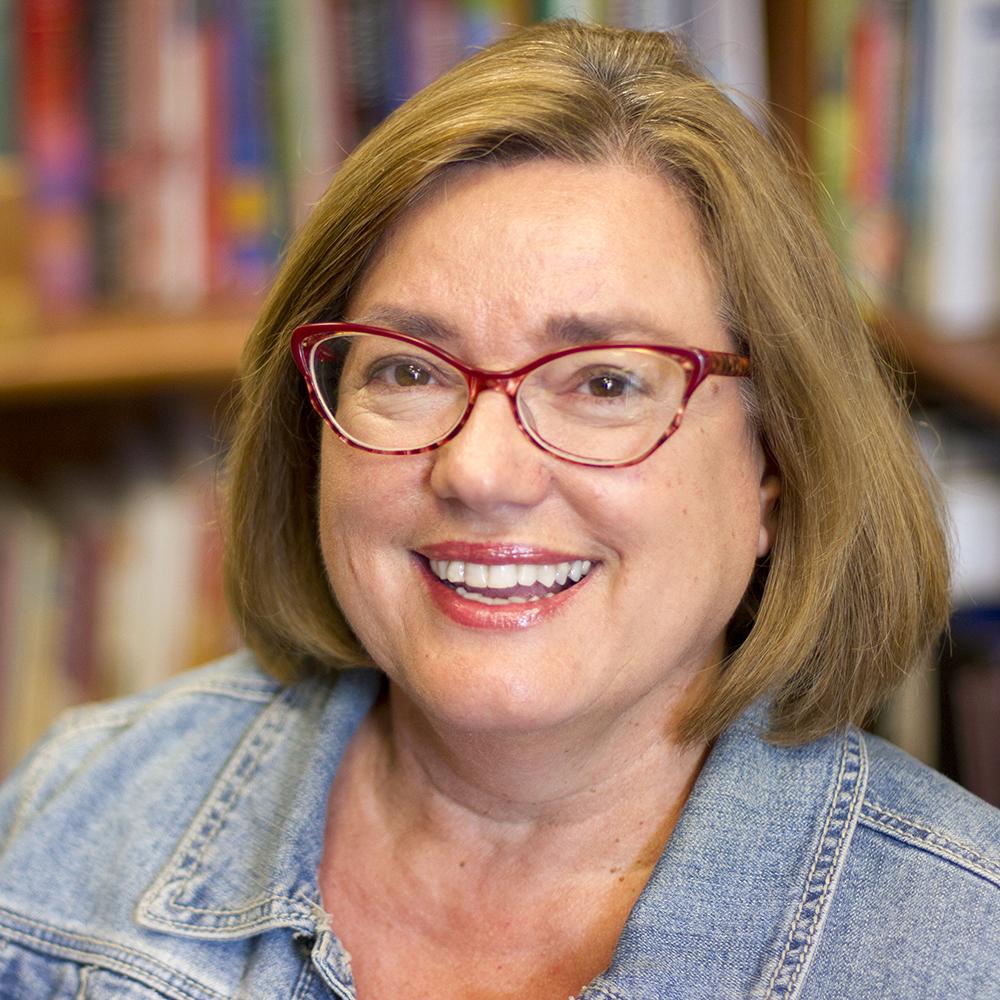Hands-On Science Ignites Passion in Young Minds
by Victoria L. May, Washington University in St. Louis

Originally published on Justmeans
There is a growing need for interdisciplinary approaches to address many of the modern challenges to advancing research, innovation and technological development. This creates a call for science, technology, engineering and math (STEM) education—not just in our classrooms, but also in our economic potential. As careers in STEM grow, we recognize the importance of equipping students with the 21st century skills necessary for them to thrive.
The development of these skills is the driving force behind the efforts of Washington University’s Institute for School Partnership (ISP). With a passion for enhancing STEM education for teachers and students in St. Louis, ISP partnered with major corporations in the community to launch STEMpact. This initiative utilizes the combined resources and human capital of these companies to develop STEM-capable teachers, thereby fostering STEM-capable students. We’ve had great success with these programs, reaching more than 30,000 students in the St. Louis area. One key partner in our work to further science education—and founding member of STEMpact—has been MilliporeSigma.
Beyond working with us on STEMpact, MilliporeSigma also engaged us to explore ways to make science come to life in the classroom. Together, we collaborated to develop lessons for MilliporeSigma’s Curiosity Labs™ program—a library of interactive science experiments using Next Generation Science Standards. We provided the company’s scientists with a blueprint for age-appropriate lessons that are easily adapted, expanded and modified. These inquiry-based, hands-on science experiences range from constructing a water filtration device to learning about chemiluminescence and creating a glow stick. Better yet, they’re delivered to classrooms around the world by MilliporeSigma employee volunteers—allowing students to directly engage with professionals in the field.
Science industry experts agree that hands-on laboratory experiences are critical to cultivating student interest in STEM. And the Curiosity Labs™ lessons are proof, with 79 percent of participants reporting an increase in content knowledge following the lesson; 80 percent demonstrating confidence in science; and 81 percent stating that they “enjoy” science.
The reach of the Curiosity Labs™ program is impressive—having reached more than 40,000 students in 2016 alone. To think something conceived and refined in St. Louis has spread so broadly—to tens of thousands of students across six continents—is simply incredible.
To immerse even more young minds in the world of science, MilliporeSigma recently launched the Curiosity Cube™—a mobile science lab that builds on the successful Curiosity Labs™ lessons we helped create. The Curiosity Cube™ kicked off its journey across the United States earlier this year, with a goal to bring interactive, hands-on science to more than 350,000 students and their families in 2017. Inside the Curiosity Cube™, visitors can find and fix mutations using gene-editing technology and explore the unseen world by looking through microscopes and manipulating cells on touchscreen monitors. These experiments are not just fascinating for kids—they bring science to life for visitors of all ages.
It’s exciting to see these experiences being made available to even more curious minds. Too many students get to high school without the confidence to tackle STEM subjects or an awareness of the opportunities waiting for them in STEM fields. That’s why it’s important to make inroads with students when it matters most—in elementary and middle school.
We invite other businesses to join STEMpact in our drive to improve STEM education. Together, we can not only strengthen the economic future of our region and beyond, but also show students the remarkable breakthroughs they can achieve through STEM.
Victoria L. May is executive director of the Institute for School Partnership (ISP) at Washington University in St. Louis, and assistant dean of Arts & Sciences

